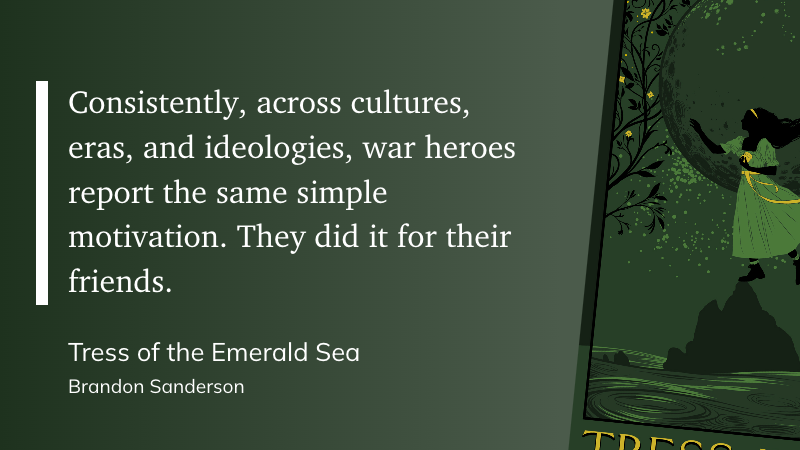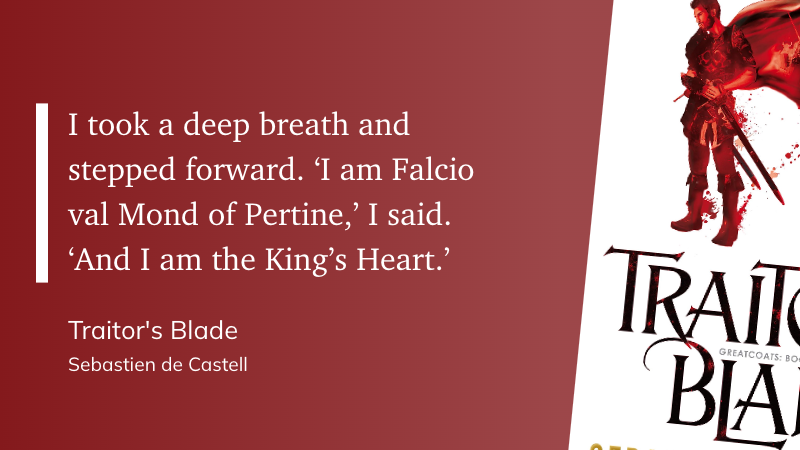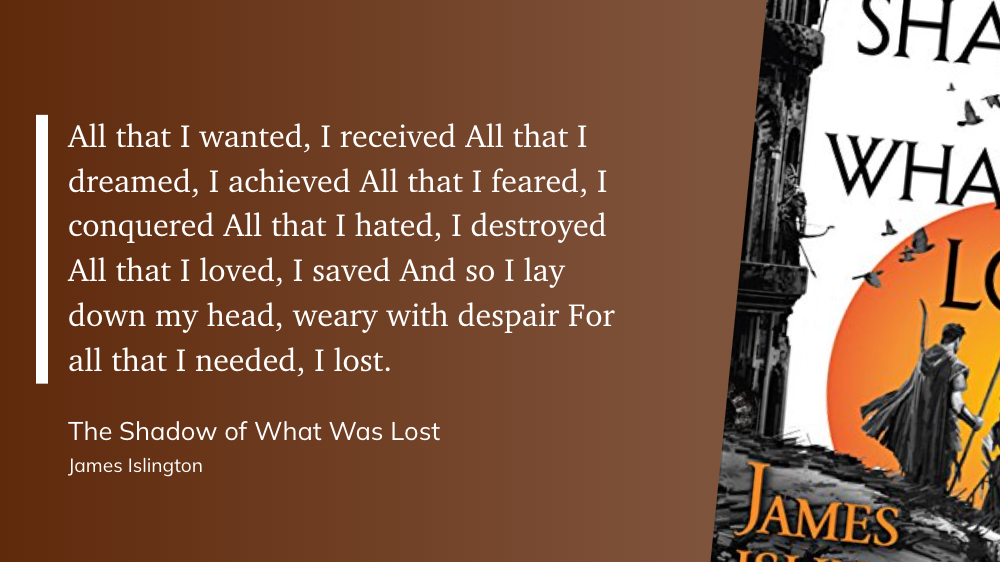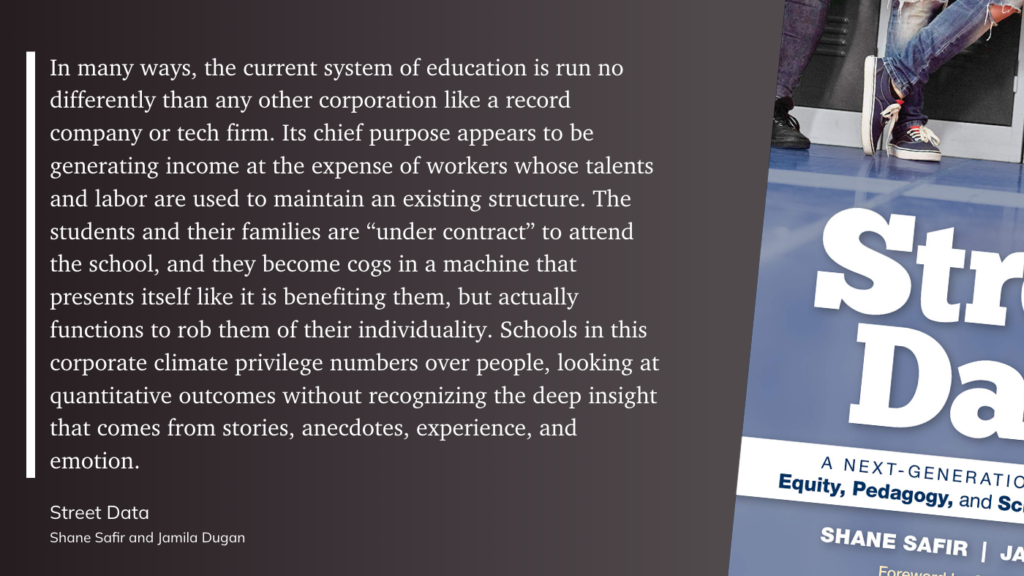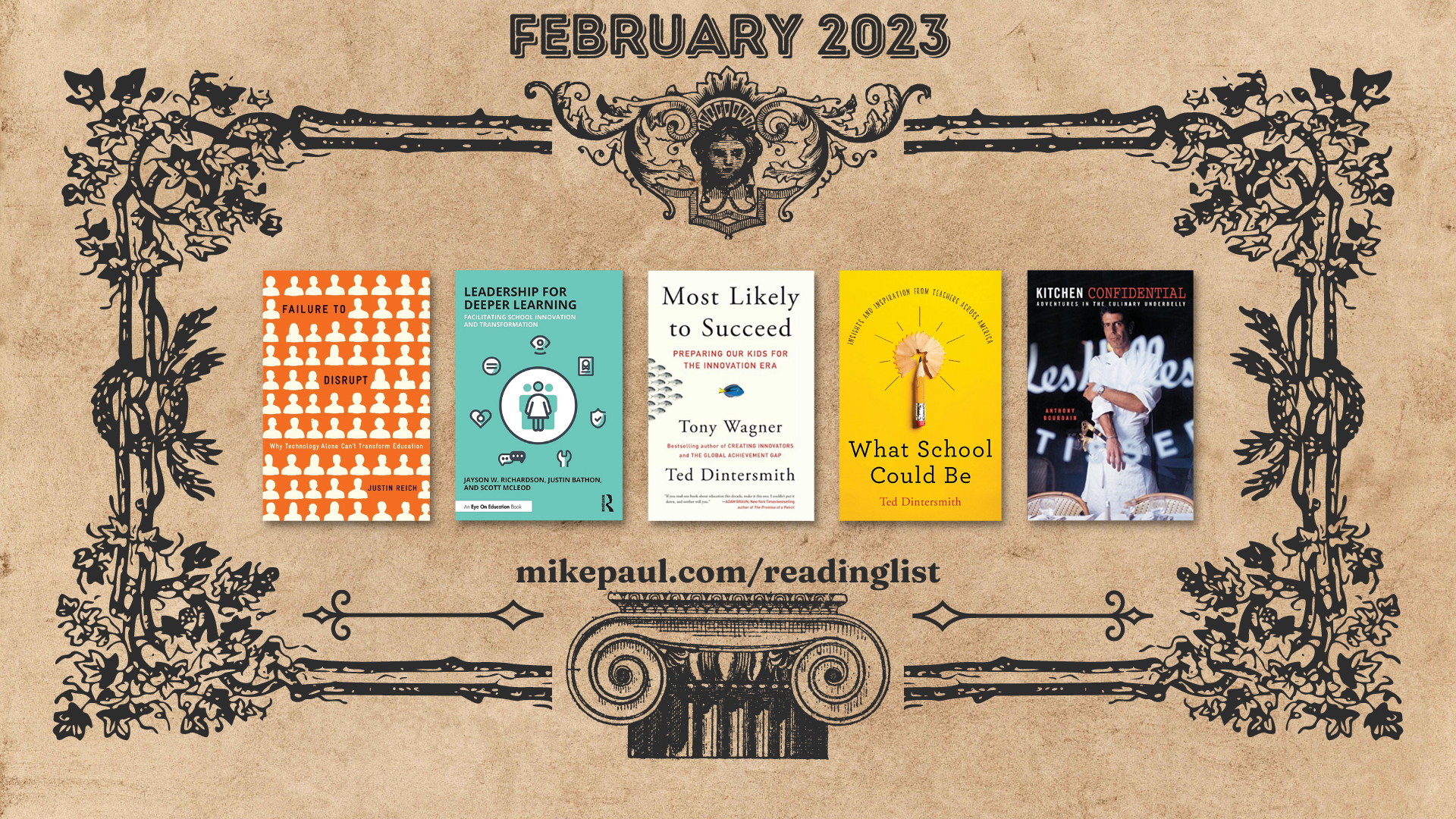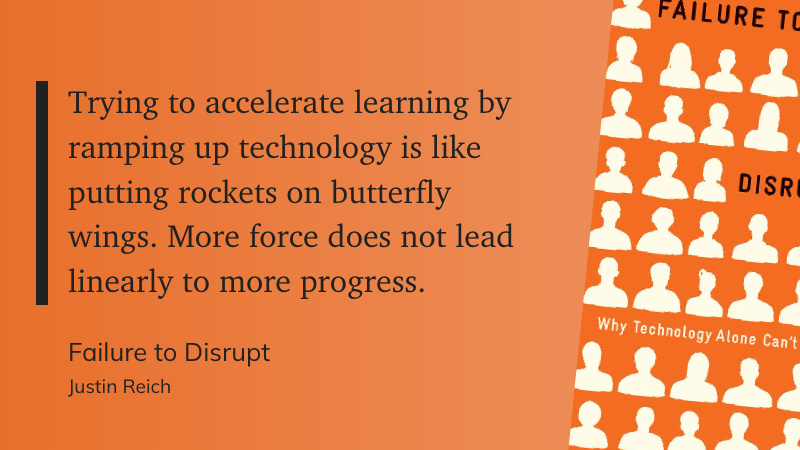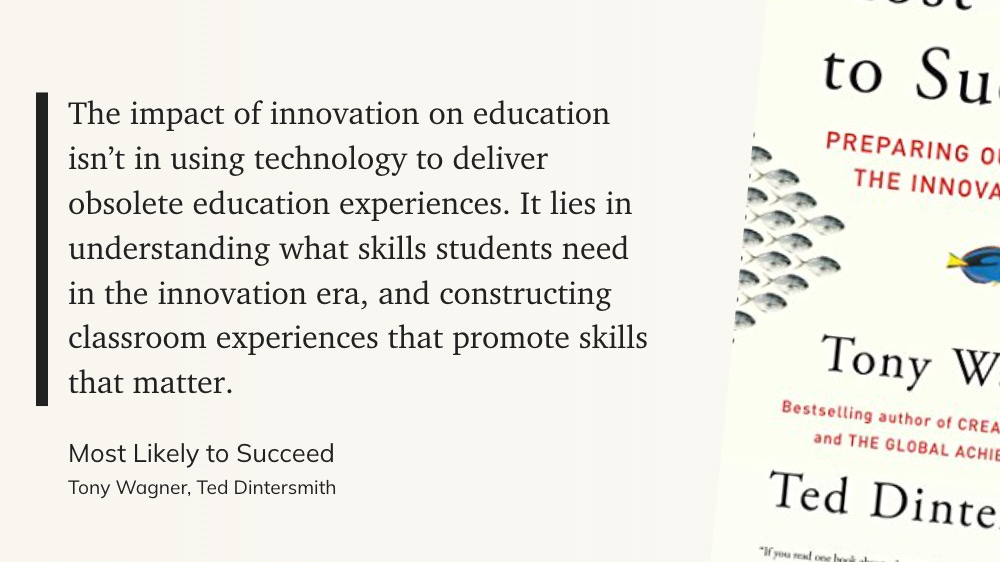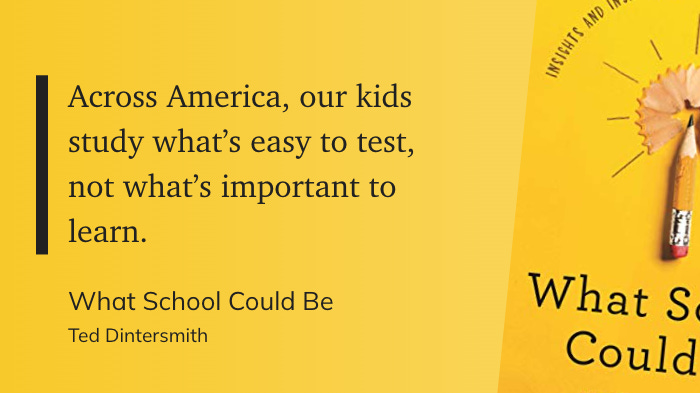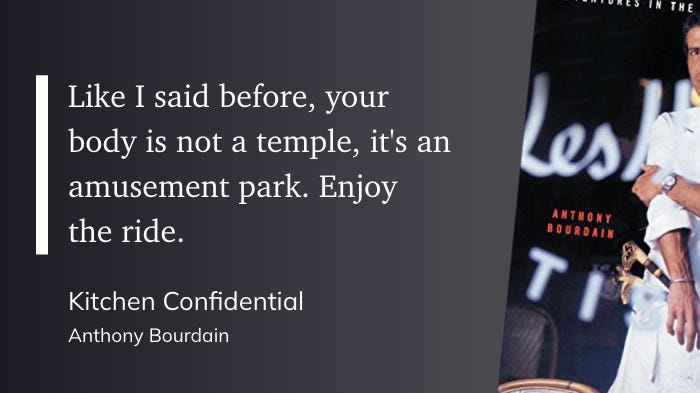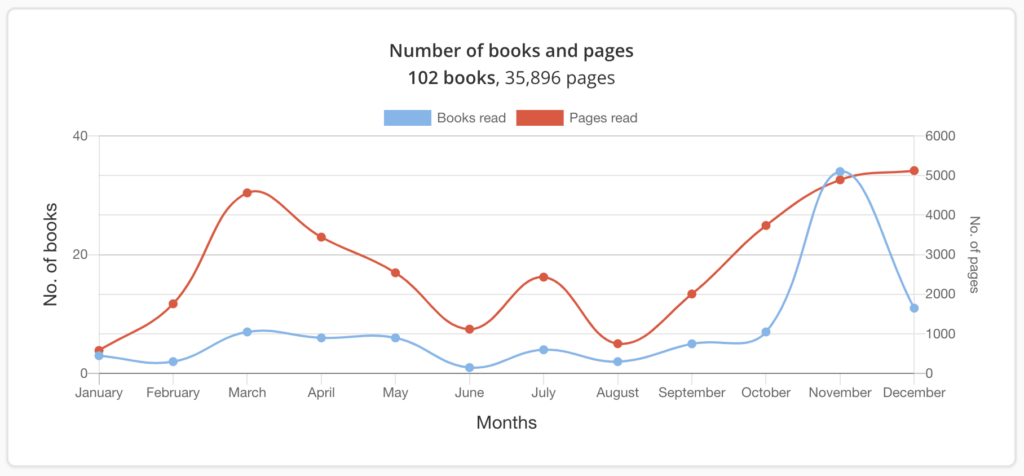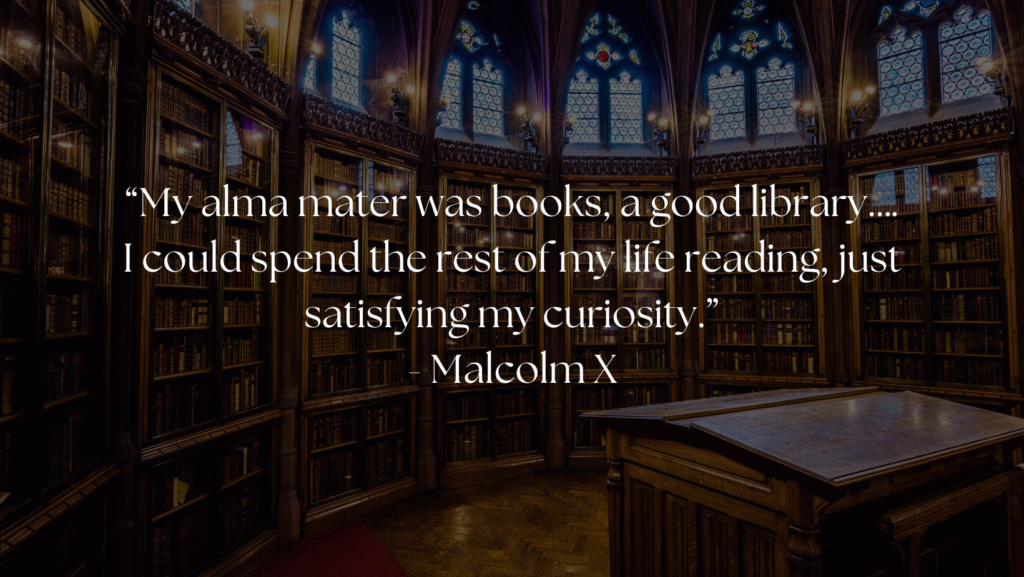
As we enter the new year, science fiction offers a stunning array of fresh perspectives and imaginative worlds. January 2025 boasts an incredible lineup of books, spanning genres and themes to delight every type of reader. Whether you crave eco-thrillers, space operas, or thought-provoking meditations on technology and humanity, this month’s releases are guaranteed to inspire and entertain.
Death of the Author by Nnedi Okorafor
Nnedi Okorafor delivers a mind-bending exploration of storytelling and artificial intelligence in Death of the Author. Sci-fi writer Zelu sets out to craft a novel about AI and androids after humanity’s extinction, only to find that the boundaries between her fictional world and reality begin to dissolve. With themes of creativity, identity, and existentialism, Okorafor again demonstrates why she is a must-read author.
No products found.
All the Water in the World by Eiren Caffall
Eiren Caffall’s haunting literary adventure is set in a future where glaciers have melted, submerging New York City. The protagonists, tasked with preserving artifacts on the American Museum of Natural History roof, navigate the challenges of survival in a drowned world. Inspired by real-life curators who protected cultural treasures during wartime, this novel offers a poignant reflection on resilience and humanity’s relationship with history.
No products found.
We Lived on the Horizon by Erika Swyler
In Erika Swyler’s captivating novel, a bio-prosthetic surgeon and her AI assistant live in a city governed by artificial intelligence that rewards sacrifice. When a brutal murder occurs, the AI erases the event from its records, leaving the surgeon to grapple with hidden truths. Swyler’s richly imagined world and complex characters make this a thought-provoking exploration of power, ethics, and survival.
No products found.
Picks and Shovels by Cory Doctorow
Cory Doctorow returns with the latest installment in his Martin Hench series. Set in 1986, forensic accountant Hench investigates a Silicon Valley start-up, only to side with the group of young women creating a rival company. Picks and Shovels blends tech intrigue with social commentary, showcasing Doctorow’s signature wit and incisive critique of corporate power.
No products found.
Space Oddity by Catherynne M. Valente
The sequel to the Hugo-nominated Space Opera, Catherynne M. Valente’s Space Oddity returns to the galactic stage with a mix of gladiatorial combat, beauty pageantry, and musical extravaganza. Decibel Jones and the Absolute Zeroes are back, preparing for another contest where Earth’s fate hangs in the balance. Valente’s dazzling prose and inventive world-building make this a must-read.
No products found.
The Ancients by John Larison
The Ancients weaves three interconnected tales in a far-future Earth transformed by climate change. A group of siblings ventures through a wilderness searching for their lost community, raiders capture their mother, and a scholar at the seat of power faces a moral crossroads. John Larison’s epic narrative combines adventure, survival, and profound ethical questions.
No products found.
The Garden by Nick Newman
Nick Newman’s The Garden blurs the lines between horror and post-apocalyptic fiction. Two elderly sisters live in isolation in a walled garden until a nameless boy disrupts their secluded existence, drawing the outside world into their lives. With its eerie atmosphere and emotional resonance, this novel is chilling and deeply moving.
No products found.
Shadow of the Eternal Watcher by Josh Mendoza
In filmmaker Josh Mendoza’s space opera, a disgraced detective is framed for murder. He uncovers a sinister cabal of interdimensional invaders as he fights to clear his name. Shadow of the Eternal Watcher combines high-stakes action with a richly imagined universe, offering an exhilarating ride for fans of the genre.
No products found.
Here Beside the Rising Tide by Emily Jane
Emily Jane’s Here Beside the Rising Tide brings romance and mystery to the forefront. Romance author Jenni returns to her childhood beach home, where her best friend Timmy vanished decades ago. When a boy emerges from the sea claiming to be Timmy, she must confront the secrets of the past and the dangers lurking beneath the waves. This beautifully crafted novel perfectly blends love, suspense, and sci-fi intrigue.
No products found.
A Month of Boundless Imagination
This January, science fiction offers something for every reader, from eco-thrillers and literary adventures to space operas and speculative romances. These books are not just stories but gateways to new perspectives and thrilling possibilities. Which of these titles will you explore first? Let us know in the comments!
The Eclectic Educator is a free resource for everyone passionate about education and creativity. If you enjoy the content and want to support the newsletter, consider becoming a paid subscriber. Your support helps keep the insights and inspiration coming!

